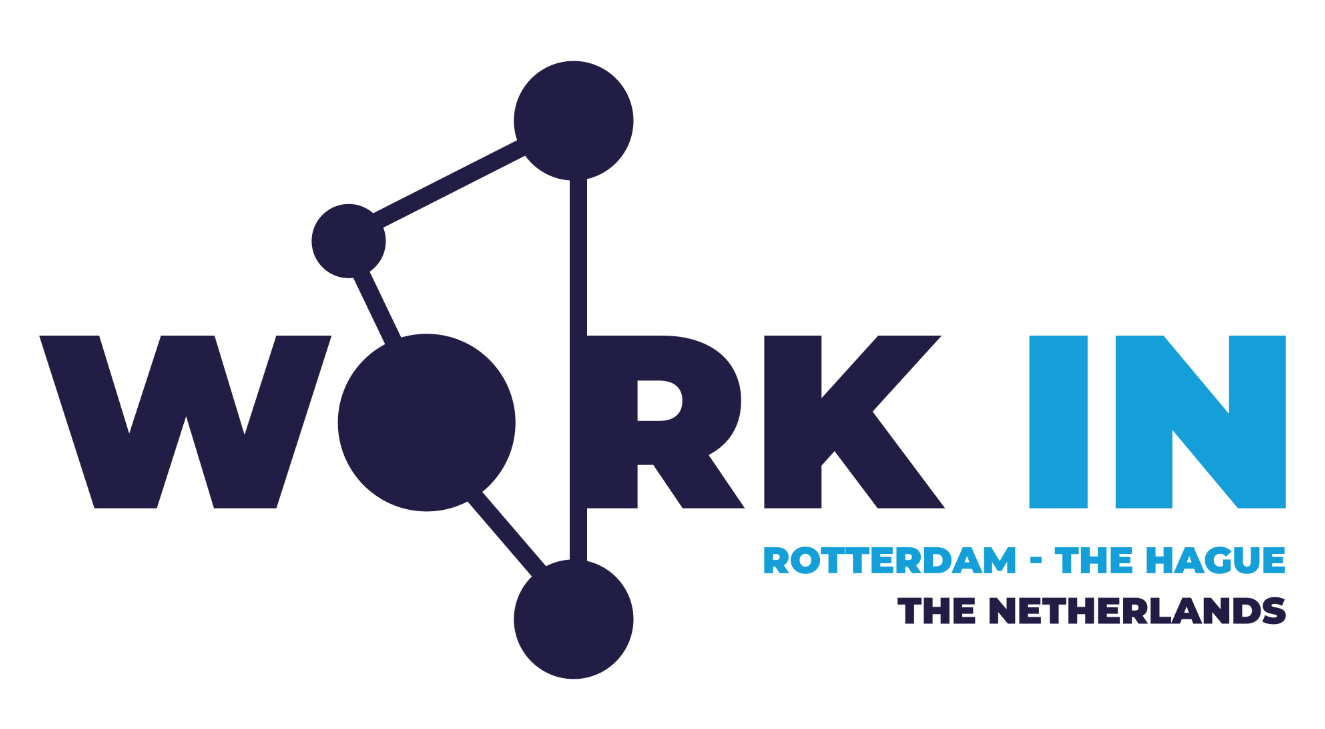Internship - Victims Participation and Reparations Section, Registry

International Criminal Court
24017 | Registry
| Organisational Unit: | Victims Participation and Reparation Section, Registry |
| Duty Station: | The Hague - NL |
| Contract Duration: | 6 months (the starting date will depend on availabilities) |
| Deadline for Applications: | 31 December 2025 (midnight The Hague time) |
Due to the volume of applications received, only successful applicants will be contacted by the Court.
Please note that the purpose of this vacancy announcement is to provide hiring managers with a list of suitable candidates from which they may make a selection throughout the year. To this end, candidates are required to specify their availability in the relevant field when applying
Required Documents for this Application
Please note that you will need to have the following information ready in order to complete your application:
A completed “Duties and Responsibilities Form” (refer to step 1 on your eRecruitment Profile page).
- Motivation letter (maximum of 400 words).
- Two reference letters (one academic).
- Scanned copies of university degrees and/or diplomas.
- Scanned copies of official academic transcripts that state your courses, subjects results and completion date.
- One short essay on a subject relevant to the work of the Court (maximum of 750 words, single spaced, type written).
Contract Duration
Interns are required to work full time for a period of preferably six months (dates to be agreed to prior to commencement).
The Opportunity
The International Criminal Court (ICC) investigates and, where warranted, tries individuals charged with the gravest crimes of concerns to the international community: genocide, war crimes, crimes against humanity and crime of aggression. The Court is participating in the global fight to end impunity, and through the international criminal justice, the Court aims to hold those responsible accountable for their crimes and to help prevent the crimes from happening again. You can contribute to this cause by joining the ICC.
Organisational Context
The Victims Participation and Reparations Section (VPRS) is a section of the Court’s Registry, which is responsible for providing support and facilitating victims’ participation and reparations before the ICC. Amongst its main tasks, it informs victims of their rights before the ICC and assists them in filling in application forms for participation in the proceedings and/or for reparations. It also assists the Judges with the preliminary processing and analysis of victims’ applications whenever required, during the different stages of the proceedings (pre-trial, trial and, in case of conviction, reparations) and the preparation of written submissions thereon. .The VPRS is also responsible for organising the common legal representation of victims whenever required, and cooperating with the Trust Fund for Victims whenever necessary
The VPRS is organised into three units :
• The Field Unit (which has staff based in HQ and in the Country Offices and is in charge of the VPRS activities in the field, which includes notably the identification of victims and the collection of their applications forms for participation and reparations)
• The Data Processing Unit (tasked with the registration of the victims’ application forms in the VPRS confidential database)
• The Legal Unit (in charge of the legal analysis of the victim applications and the preparation of written submissions for the Judges)
An internship within the Legal Unit of the VPRS primarily entails to support the legal analysis of large numbers of victim applications to provide recommendations to the Judges as to whether they may participate in the proceedings and/or obtain reparations. This assessment is made by determining whether the application of the victim is complete and, if yes, whether it is clearly falling inside or outside the scope of the relevant case or whether it is unclear and raises an issue to be addressed by the Judges. .
Candidates should be aware that as part of their review work, they might encounter sensitive material.
Duties and Responsibilities
Under the supervision of the Legal Coordinator, assist the Legal Unit with the following tasks:
- Conduct legal research and analysis;
- Assist the Legal Unit with the data entry and preliminary legal assessment of victims’ applications for participation and/or reparations;
- Prepare summaries of important decisions;
- Attend meetings, lectures etc when requested and prepare minutes;
- Conduct other tasks as needed, including occasional assignments to support other aspects of the mandate the Section.
Essential Qualifications
Education:
All Candidates must have a law degree (preferably in criminal law, public international law, humanitarian law, or human rights law) from a recognized university - or be in the final stages of their relevant studies. Candidates are expected to have a very good record of academic performance.
Experience:
Internship placements focus on candidates in the early stages of their professional careers; therefore, practical experience is not an essential prerequisite for selection. However, practical experience that is relevant to the work of the Court may be considered an asset. Applicants must have less than three years of relevant full-time professional experience to be considered for an internship.
Knowledge, Skills and Abilities:
- Legal analysis and drafting skills
- Able to adapt to a multicultural and multilingual working environment
- Possesses strong teamwork skills (listens, consults and communicates proactively)
- Has acquired a good standard of computer skills (including Microsoft Office applications); Knowledge of TRIM and Ringtail is an asset;
- Other important qualities are discretion, reliability, intellectual rigor, precision, perseverance, creativity, co-operative spirit and integrity.
Languages:
Proficiency in one of the working languages of the Court, French or English, and working knowledge of the other are required. Knowledge of another official language of the Court (Arabic, Chinese, Russian and Spanish) is an asset.
Other criteria:
It is the Court’s objective to have diversity and gender balance. And in line with the ICC’s efforts to improve geographical representation among staff, nationals of non-represented and under-represented countries at the ICC are encouraged to apply. The list can be found here.
Remuneration
Please note that internship and visiting professional placements at the ICC are unfunded. The ICC is not able to provide participants in the Internship and Visiting Professional Programme with any remuneration, nor is it possible to provide reimbursement for expenses incurred prior, during or after the internship or visiting professional placement.
Applicants must therefore be able to support themselves for the entire duration of their internship or visiting professional placement.

